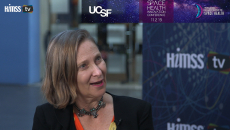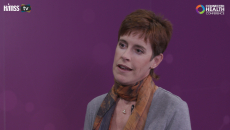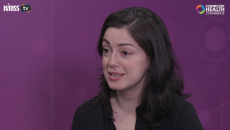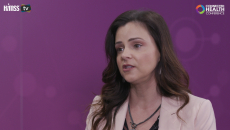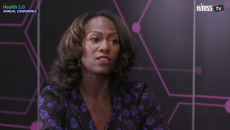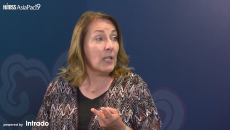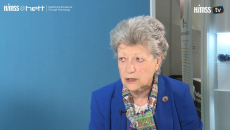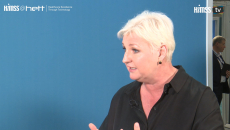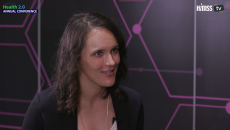Women in Health IT
It’s important to collect the right data for the right purpose, and patients should be rewarded for sharing their data, says Health Enovation CEO Grace Lee.
There are challenges centered around human physiology and human factors in space and other extended environments, says Dr. Annette Sobel, professor at Texas Tech University and board member at the Translational Research Institute for Space Health.
Livpact offers a "one-stop shop" for tools and resources for adult children caring for aging parents with Alzheimer's or other chronic conditions, says MaryAnne Sterling, the company's EVP of caregiver experience.
Patients are looking for affordable access in the right place and at the right time, says Sara Vaezy, chief digital strategy officer at Providence St. Joseph Health.
Involving patients early in the design and development process can make for a better product and more successful launch, says Roxie Mooney, CEO and commercial strategist at Legacy DNA.
Addressing social determinants of health, gaps in care and the health of underserved populations is a priority at the American Heart Association, says Pamela Garmon Johnson, the AHA's VP of health equity and national partnerships.
Many health systems are living with feet in both worlds, but diverse incentives will eventually force a reckoning, says Health Catalyst's Holly Rimmasch, who also discusses how data can help hospitals allocate thin resources like care managers.
It is important to build trust when using patient data to improve the health and care of citizens, says Dame Fiona Caldicott, national data guardian for health and social care in England.
Caron Swinscoe, chief nurse at NHS Digital, talks about the recent launch of the HIMSS Nursing & Midwifery Network for England.
Erin Trimble of 23andMe touches on the value of polygenic risk scores, how to use genetic information to improve health and the importance of equipping primary care providers to talk with their patients about genetics.

